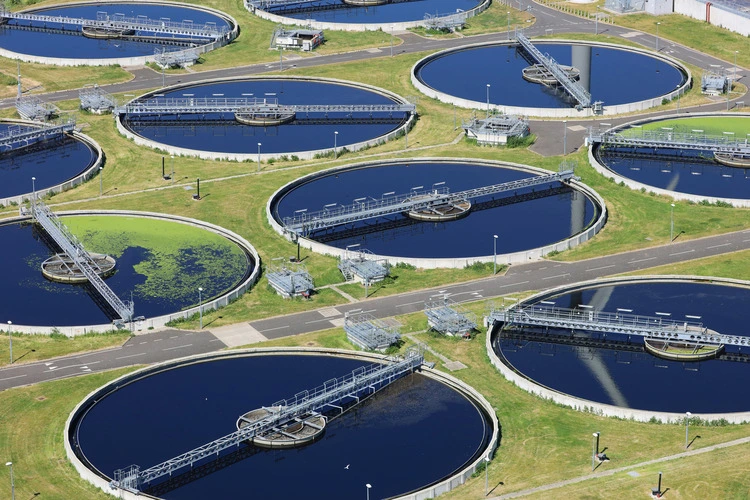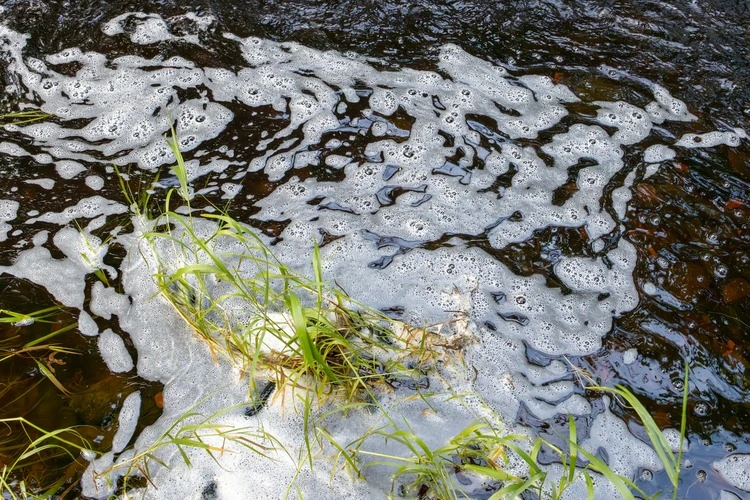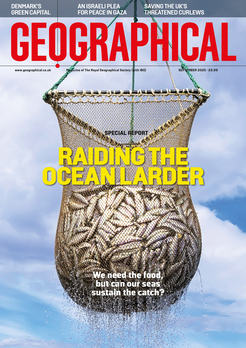
Major water & sewage companies across England using deception tactics to deflect blame for sewage pollution, new research reveals
By
A new study led by the University of Portsmouth has found nine of England’s major water and sewage companies (WaSCs) are using greenwashing and disinformation tactics to misrepresent their environmental performance.
Collectively, the companies analysed – Thames Water, Southern Water, South West Water, Wessex Water, United Utilities, Anglian Water, Northumbrian Water, Yorkshire Water, and Severn Trent Water – discharged 12.7 million hours of untreated wastewater and sewage into English waterways between 2019 and 2023.
Check out our related reads:
- Worries over raw sewage overshadows boat race
- Thames Water fined £3.33m after sewage leak near Gatwick
- Will the Ganges River ever be clean?
- The dirty truth about acrylic and microplastics
- Britain’s top ten dirtiest beaches
WaSCs are permitted to discharge untreated wastewater using a combined sewer overflow (CSO) in exceptional circumstances and times of extreme flow – such as very heavy rainfall – but recently, many have expressed concerns over their increasing use, even in dry spells. Such high volumes of sewage pose significant risks to the rivers that they directly flow into, and can pollute seas as well as cause toxin accumulation in seafood.
Despite these clear risks, the communications of the nine WaSCs, from social media posts to websites, attempted to downplay such impacts. Looking at 28 greenwashing tactics used by companies including those form the tobacco, alcohol and chemical industries, researchers found the WaSCs’ communications used 22 of them – including strategies that undermined scientific research, shifted blame, delayed action and misrepresented information.

For example, WaSCs utilised ‘softer language’ around raw sewage discharges, describing sewage treatment facilities as ‘water recycling centres’, or overflows as containing ‘heavily diluted rainwater’ even though untreated sewage posed real threats to public health.
WaSCs also claimed that the impacts of sewage spills were ‘minimal’ or ‘temporary’. However, out of more than 370,000 overflow discharges in 2020, just 11 per cent were investigated by the Environmental Agency – meaning that it cannot be ascertained with any certainty that these effects are marginal.
Additionally, campaigns to the public claimed that customers were to blame for sewage overflows – for example through the use of flushing wet wipes down toilets – while simultaneously downplaying WaSCs issues with infrastructure.
All these tactics combined, the study argues, are to deflect from the real action WaSCs need to take: upgrading their ageing infrastructure. Much of this infrastructure was built in the 20th century, but sewer systems are expensive and difficult to expand and change – meaning any overhauls will be both costly and slow. Between 2000 and 2008, just over 1 per cent of England and Wales’ sewers were either replaced or rehabilitated, and at such a rate, it would take 800 years for an entire rehaul of both countries’ sewer systems.
To help begin to fix such a complicated issue, the new research advocates for stricter regulation of industry communications so that misinformation and greenwashing tactics can be quashed.
‘Weak regulation and financial self-interest has resulted in riverine and marine pollution by water companies who deflect blame and disguise impact using manipulative terminology,’ said retired Professor of Computational Biology at UCL’s Institute of Child Health, Professor Peter Hammond. ‘Once exposed, such linguistic veils evaporate revealing the damaging evidence for all to see.’
Along with this, modernising sewage systems and investing in sustainable solutions like restoring wetlands – which naturally treat wastewater – could all contribute to a much more environmentally secure future for England’s rivers and surrounding seas.




